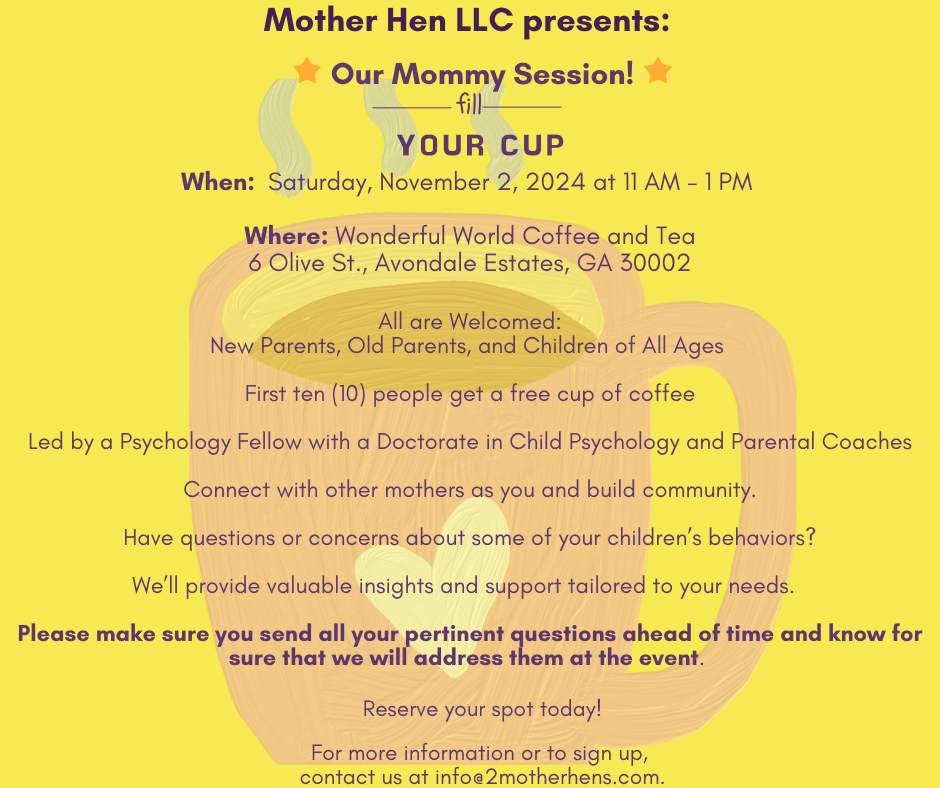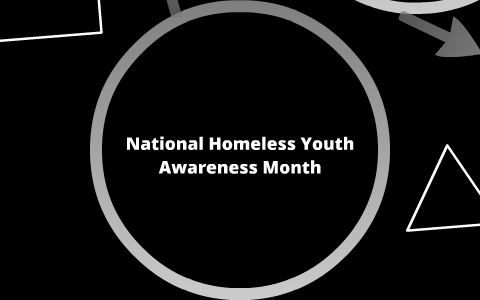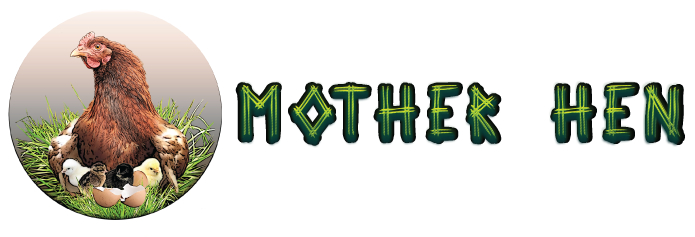Autism Spectrum Disorder
Welcome to our latest edition where we explore Autism Spectrum Disorder (ASD) and the potential accommodations that can support individuals on the autism spectrum in leading fulfilling lives. Our goal is to spread awareness and provide valuable information as to how we can help create environments that are inclusive and supportive for people with ASD.
We would love to hear how these tools and tips are working for you once you have implemented them (info@2motherhens.com).
** Consistency is one of the most important aspects of effective parenting **
Welcome to another installment of the Autism Spectrum Disorder series:
Unmasking the Reality of Masking in Autism
Welcome to this edition of the Autism Awareness Newsletter. This month, we’re shedding light on an important but often misunderstood aspect of autism: masking. Understanding masking is crucial for creating supportive environments that foster genuine self-expression and emotional well-being for individuals on the autism spectrum.
What is Masking?
Masking, or camouflaging, is the act of hiding or suppressing autistic traits to blend in with societal norms. It’s a conscious or subconscious strategy used by many autistic individuals to navigate social situations, avoid judgment, or meet perceived expectations. While masking can help a person fit in or appear “neurotypical,” it often comes at the cost of mental and emotional exhaustion.
Why Do Individuals Mask?
- Social Acceptance: Many mask to fit in with peers or to avoid being seen as “different.”
- Avoidance of Negative Attention: Masking helps some individuals prevent bullying, criticism, or misunderstandings.
- Desire to Meet Expectations: Whether at school, work, or within the family, people often feel the pressure to behave in ways that align with others’ expectations.
Common Signs of Masking
Identifying when someone is masking can be challenging, as it involves subtle, learned behaviors. Here are some signs to watch for:
- Mimicking Social Behaviors: Copying the body language, speech patterns, or gestures of peers to seem more socially typical.
- Forced Eye Contact: Making deliberate eye contact even though it may be uncomfortable.
- Repressing Stimming: Suppressing self-soothing movements (e.g., hand-flapping, rocking) in public but engaging in them when alone.
- Social Scripts: Memorizing and using pre-rehearsed phrases or responses during conversations to navigate social interactions.
- Discrepancy in Behavior: Acting differently at home versus in public settings—being more reserved or seemingly withdrawn outside familiar environments.
The Impact of Masking
While masking can help autistic individuals navigate day-to-day life, it often comes at a significant cost:
- Emotional Exhaustion: Constantly monitoring behavior to blend in can lead to burnout and fatigue.
- Anxiety and Depression: The stress of masking, coupled with the fear of being judged or misunderstood, often contributes to heightened levels of anxiety and depression.
- Identity Struggles: For many, masking can blur the lines between authentic self and learned behavior, leading to confusion about who they truly are.
- Delayed Diagnosis: Masking, especially common among women and girls, can delay diagnosis and access to appropriate support since their behavior may appear neurotypical.
Why Masking is More Common Among Women and Girls
Research shows that masking is often more prevalent among autistic women and girls. This is due to societal expectations and the subtler presentation of autistic traits in females. Girls may be better at mimicking social behaviors or internalizing their struggles, leading to a higher rate of missed or late diagnoses.
Supporting Autistic Individuals to Unmask
Creating safe spaces where individuals feel accepted and understood can reduce the need for masking. Here are some practical tips for different environments:
1. Home Environment:
- Encourage Self-Expression: Allow children to stim, speak, or engage in behaviors that feel natural to them without judgment.
- Open Conversations: Foster open discussions about how they feel in social situations and validate their experiences.
- Routine Breaks: Provide time at home for unstructured, decompression activities to help recharge from social masking.
2. School Environment:
- Inclusive Education: Train teachers to recognize the signs of masking and understand that outward calmness does not always reflect inner comfort.
- Safe Spaces: Set up quiet zones or sensory-friendly areas where students can take breaks when needed.
- Social Skills Training: Encourage participation in programs that teach social cues and provide practice in real-life scenarios, all while emphasizing that it’s okay to be different.
3. Work Environment:
- Awareness Training: Educate colleagues and management on how masking affects autistic individuals and promote an accepting culture.
- Flexible Policies: Offer adjustments like remote work, flexible hours, or quiet workspaces.
- Encourage Autonomy: Allow employees to set boundaries that support their well-being, such as taking breaks or avoiding overstimulating activities.
Breaking the Cycle of Masking
Empathy, understanding, and proactive support are key to helping individuals feel confident enough to be themselves. Reducing the need for masking allows for:
- Better Mental Health: Individuals who feel accepted are less likely to experience anxiety and depression.
- Authentic Relationships: When masking is minimized, relationships become more genuine and fulfilling.
- Enhanced Growth: Embracing unique traits fosters creativity, confidence, and a stronger sense of identity.
Final Thoughts
Recognizing and addressing masking is an essential part of supporting autistic individuals. By fostering environments that encourage authenticity, we empower people with autism to live healthier, more balanced lives. Whether at home, in school, or in the workplace, understanding and acceptance are the first steps toward creating lasting change.


We Are Celebrating
National Hunger & Homeless Awareness Month and National Homeless Youth Awareness Month!


For those of our subscribers who find themselves in need and financially challenged, please be sure to reach out to us so that we can be of assistance.
Donations
Mother Hen is passionately committed to lending a helping hand to the underserved within the communities we serve. We are appreciative of any and all donations provided here. These donations will be used in entirety to provide services for underserved families as well as fulfill other specific outreach needs.
Outreach Initiatives:
- Community If your business would like to become a corporate sponsor and join us in supporting the community, please contact us directly.
- Family ServicesYour family service donation will directly help a family receive professional parental coaching sessions or services in navigating the school system to get the proper accommodations for their child to succeed academically.
- Corporate SponsorIf your business would like to become a corporate sponsor and join us in supporting the community, please contact us directly.
